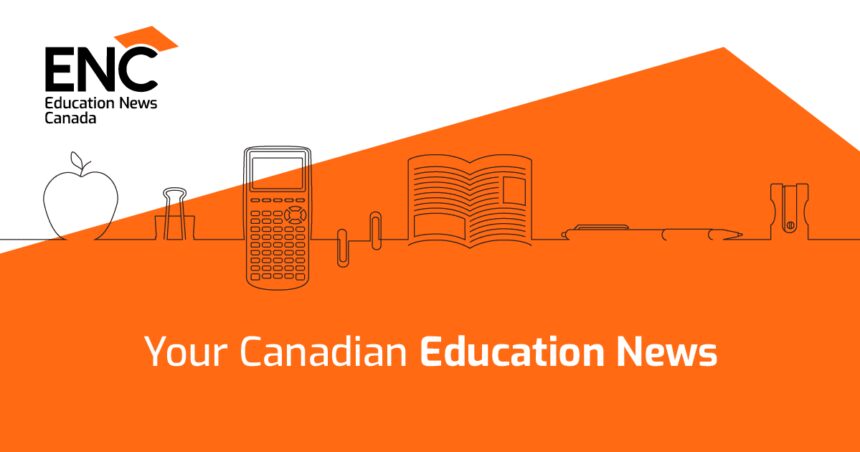In a bold move that signals Toronto’s growing influence in the tech-humanities intersection, George Brown College announced yesterday it will host a groundbreaking panel on artificial intelligence and humanities education as part of Congress 2025.
The panel, titled “Reimagining Humanities Graduates in an AI-Dominated Workforce,” brings together an impressive lineup of tech leaders, philosophers, and education experts from across Canada. This marks the first time the prestigious academic conference has dedicated a full-day forum to examining how humanities disciplines must evolve in response to artificial intelligence.
“We’re witnessing a fascinating pivot point in education,” says Dr. Leila Nguyen, Dean of Arts and Design at George Brown College. “Far from making humanities obsolete, AI is actually creating new demand for the critical thinking and ethical reasoning that form the backbone of these disciplines.”
The timing couldn’t be more relevant for Toronto’s rapidly expanding tech sector. According to a recent Ontario Chamber of Commerce report, AI-related job postings in the GTA have increased 172% since 2021, with nearly 40% of these roles seeking candidates with humanities backgrounds.
“The technical side of AI is just one piece of the puzzle,” explains Marcus Wentworth, Chief Ethics Officer at Toronto-based Ethical AI Solutions. “Companies are discovering they desperately need people who understand cultural context, ethical implications, and human behavior patterns. That’s where humanities graduates shine.”
The panel will explore several pressing questions facing educators and students alike. How should humanities programs adapt their curricula to prepare graduates for AI-integrated workplaces? What new career paths are emerging at the intersection of technology and humanities? And perhaps most critically, how can humanities perspectives help shape more ethical, inclusive AI systems?
George Brown College seems uniquely positioned to host such a conversation. The downtown institution has recently introduced several innovative programs blending technical AI skills with traditional humanities approaches – including their new Digital Humanities certificate program launching this fall.
“We’re breaking down the artificial barriers between technical and humanistic education,” says College President Tamara Williams. “Our location in downtown Toronto puts us at the heart of this conversation, surrounded by both tech startups and cultural institutions grappling with these same questions.”
The announcement has generated considerable buzz among local students. Emily Chen, a third-year English literature major at University of Toronto who plans to attend, told me she’s reconsidering her career trajectory based on these emerging opportunities.
“I’ve always loved literature, but worried about job prospects,” Chen says. “Learning that companies actually value my analytical skills and cultural understanding in developing AI systems is honestly a relief. I’m thinking about adding some data science courses next semester.”
Congress 2025, Canada’s largest gathering of scholars across humanities and social sciences disciplines, is expected to draw over 8,000 attendees to Toronto. The AI humanities panel, scheduled for May 31st at George Brown’s waterfront campus, is already generating registration interest from students, educators, and industry professionals.
Dr. Adeyemi Oladele from the Royal Society of Canada, who will moderate the panel, emphasized the timeliness of this conversation.
“We’re at a crucial inflection point,” Oladele notes. “Either humanities disciplines adapt to engage meaningfully with AI, or they risk further marginalization. This panel represents a significant step toward the former.”
The announcement comes amid broader conversations about the future of higher education in Ontario. The provincial government recently allocated $25 million toward programs that bridge technological skills with traditional liberal arts education – a shift from previous funding models that heavily prioritized STEM fields.
For Toronto’s growing community of AI startups, the panel represents an opportunity to connect with potential talent from non-traditional backgrounds.
“Some of our most innovative team members came from philosophy, anthropology, and literature backgrounds,” says Sophia Kim, founder of Toronto-based natural language processing startup LinguaLogic. “They bring perspectives on language and human interaction that purely technical employees often miss.”
The event will also feature interactive workshops where participants can engage directly with AI tools designed to complement humanities research and teaching.
As Toronto continues positioning itself as a global AI hub, conversations like this highlight the city’s potential to lead not just in technical innovation, but in thoughtfully integrating these advances with humanistic values. For a city built on multiculturalism and diversity of thought, it seems an appropriate leadership role.
Registration for the panel opens next month through the Congress 2025 website. George Brown College will also offer limited public tickets for local residents interested in joining this timely conversation about the future of education, work, and technological development.







